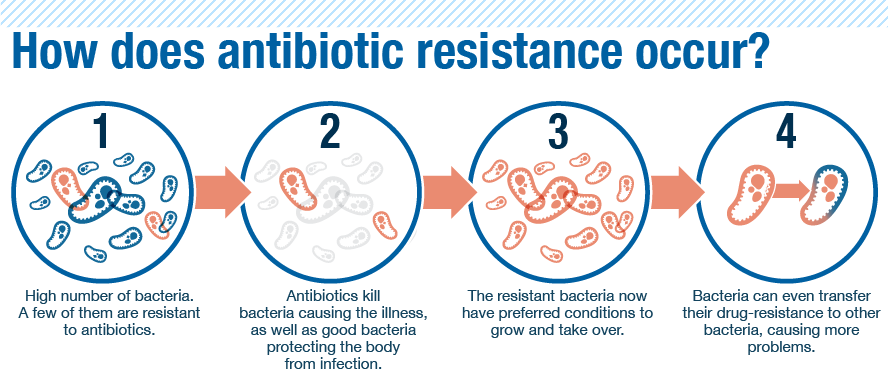Antibiotic-resistant superbugs have been spreading in European hospitals, according to the BBC, citing a recent study.
The spread of Klebsiella pneumoniae is “extremely concerning” according to reserarchers with the Sanger Institute, who warn that other bacteria could become similarly resistant to “last resort” drugs known as carbapenems ‘because of the unique way bacteria have sex.’
“The alarming thing is these bacteria are resistant to one of the key last-line antibiotics,” said Dr. Sophia David of the Sanger Institute, adding “The infections are associated with a high mortality rate.”
“It’s already worrying that we’re seeing 2,000 deaths in 2015 – but the concern is that if action isn’t taken, then this will continue to rise.”
It can live completely naturally in the intestines without causing problems for healthy people.
However, when the body is unwell, it can infect the lungs to cause pneumonia, and the blood, cuts in the skin and the lining of the brain to cause meningitis. –BBC
Sanger’s study of carbapenem resistance in K. pneumoniae is the largest to date, with 244 hospitals participating from Ireland to Israel.
Researchers analysed the bacterium’s DNA – its genetic code – from samples from infected patients.
“Our findings imply hospitals are the key facilitator of transmission [and suggest that] the bacteria are spreading from person-to-person primarily within hospitals,” said Dr David.
“The fact that we see the same high-risk clones in many different hospitals around Europe also shows there’s something special about those strains.” –BBC
Researchers are concerned that K. pneumoniae will continue to spread, or even worse, pass along its resistance to other species of bacteria. According to the report, “two bacteria can meet up and have bacterial sex – called conjugation – and a short string of genetic information, called a plasmid, is shared between them.” Sanger’s study shows that “the instructions that give K. pneumoniae carbapenem resistance written on to plasmids.”
“These have the ability to spread very rapidly through bacterial populations,” said David.
What to do?
“This research emphasises the importance of infection control and ongoing genomic surveillance of antibiotic-resistant bacteria to ensure we detect new resistant strains early and act to combat the spread of antibiotic resistance,” said Professor Hajo Grundmann of the University of Freiburg. “We are optimistic that with good hospital hygiene, which includes early identification and isolation of patients carrying these bacteria, we can not only delay the spread of these pathogens, but also successfully control them.“
via ZeroHedge News https://ift.tt/30ZTSM2 Tyler Durden


